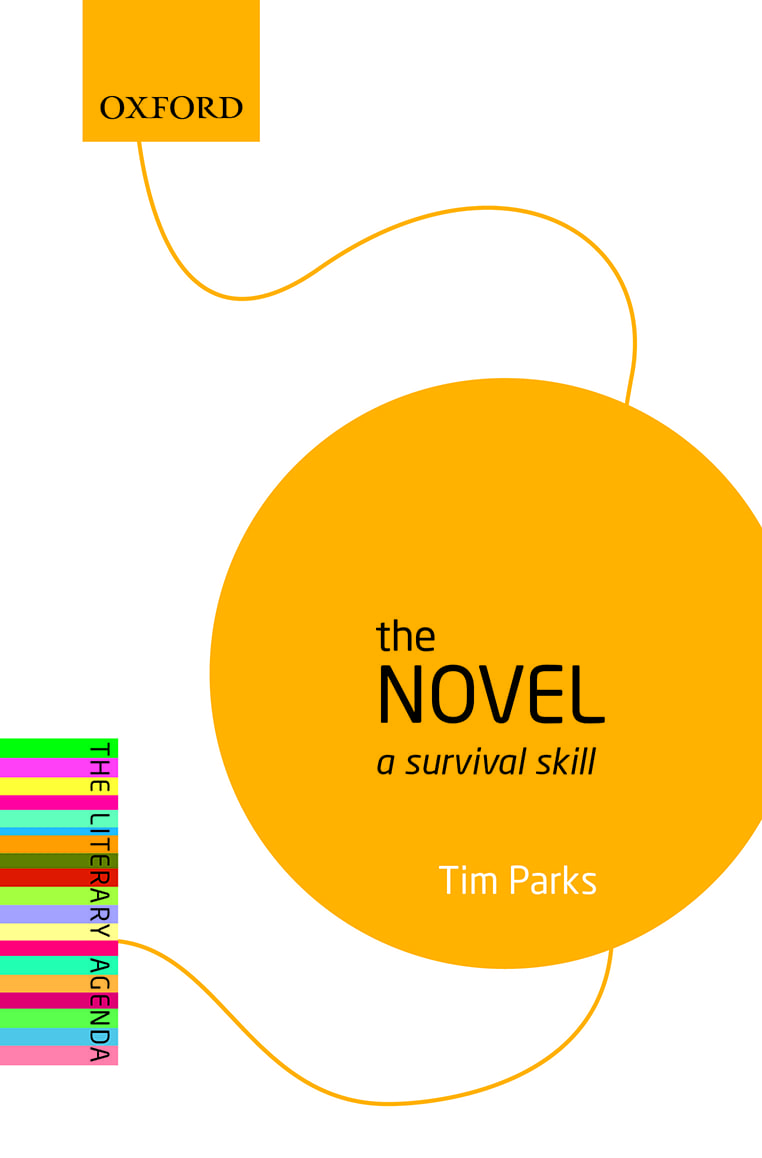The Novel: a survival skill offers a completely new account of the relationship between writer, text, and reader. It’s something that’s been in the pipeline an awful long time. My vision of how things really stand with writing and reading.
Drawing on ideas from systemic psychology and positioning theory, I suggest that both the content and style of a novelist’s work, the kind of stories told and the way in which they are told, form part of a more general strategy of survival that the novelist has developed in response to tensions within his or her family of origin. The reader reacts to these in very much the way he or she would react to the same communicative strategy in a real life encounter, different readers responding differently depending on their own backgrounds and habits of communication.
There are powerful and hopefully lively chapters on Joyce, Hardy, Lawrence and Dickens considering the different value structures that can dominate in any close human grouping —good/evil, independence/dependence, success/failure, belonging/exclusion—: I show how these authors place themselves in relation to these values and how this positioning is manifest in their writing.
This book radically undermines traditional lit-crit criteria and exposes the pieties with which the novel is usually defended, so I can’t imagine the status quo are going to love it. In the end what I’m trying to do is offer a novelist’s insider account of what may best understood as the biography of the act of writing itself and its relation to the lives with which it is entwined.
In conclusion I have to thank the Oxford University Press for their willingness to take on a book like this, a book that seriously challenges many of the premises of academic literary criticsm.
Tim Parks
Author, Translator, Essayist


3q43tl
w124sq
vfkhv8
tanpsx